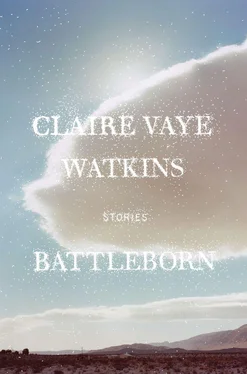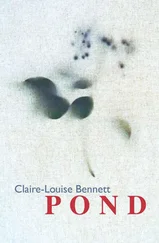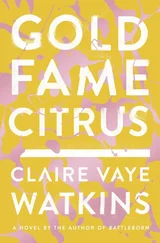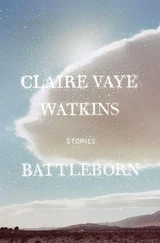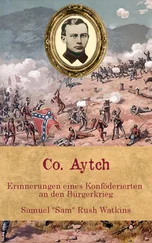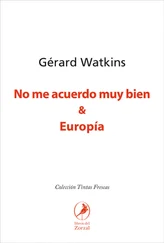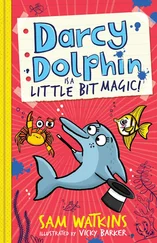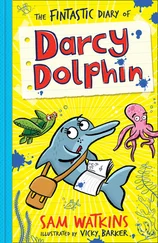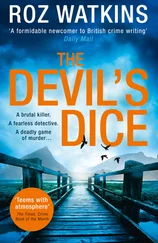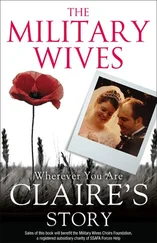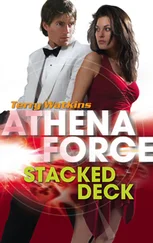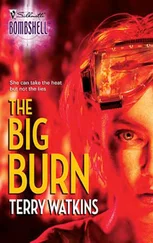I say, “I need to walk.” We stagger through Virginia City, against the wind. The commotion in town has subsided. It’s cold.
There’s a fence around the cemetery. We climb it. Danny trips and stumbles in the dirt. He takes Jules’s hand and helps her over. The graves here are old; lots of them are babies’ graves. I’m sorry for everything, even the things that had nothing to do with me. Especially those. We weave up the hill through the headstones, calling out deaths to each other like we’re trying to find our way in a storm.
“Consumption.”
“Scarlet fever.”
“Flu.”
“Pneumonia.”
“Consumption.”
“Whooping cough.”
“Childbed.”
“Consumption.”
“Cholera.”
“Drowned.”
“Consumption.”
There are plenty of good reasons to find yourself in Virginia City, if you need one. It used to be people came for the silver, but the silver’s long gone. In summer we come for the swap meet, for the camel races, for the cheap DVDs and the overweight belly dancers and the figures etched in crystals by lasers. For the gray-haired Indian who wears a feather headdress and who for a dollar will let you take a picture with the old fucked-up-looking panther he keeps chained to the back of his truck. There are plenty of good reasons to find yourself in Virginia City, but there’s only one reason. We came to time-travel.
From the top of the hill we can see the whole town and the valley and the debris hills beyond. I love that. Danny sits on a thick square headstone, his legs swinging softly in the dusk. Jules sits beside him. She puts her head on his shoulder like he’s always been there. Like the three of us have always been right here. I feel the last three beers resting like silver nuggets in the bottom of my purse. Below us glow the blue-orange flames in the lamps along Main Street. We drink and watch the sun dissolve into the Sierras, and for a small sparkling moment, we are who we once were.
All the great land mammals are dying. There were once birds the size of sheep. Pinnipeds used to be huge; walruses had tusks six feet long. Jackrabbits had feet like two-by-fours. Armadillos were as big as minivans. Now, they are all dying off. African elephants are going thirsty, having to dig wells in the dirt with their trunks to find water. Bengal tigers are shot and skinned. Polar bears are drowning. Imagine! The world’s largest carnivorous land mammal drowning, an entire species drowned to extinction. You know what’ll be the largest land carnivore after we’ve shot all the tigers and drowned all the polar bears? The grizzly bear. Which is to say, some mornings I wake up before the alarm goes off and just lie there and think how I’m not sure I want to live in a world where the largest carnivorous land mammal is the goddamn grizzly bear. Peter tells me I have a sweet misunderstanding of the theory of natural selection. But then, he has also said that he finds my cartoon science very sexy.
My sister, Gwen, says it’s not so bad, living in a world where the largest land mammal is the grizzly bear. Largest carnivorous land mammal, I say. Okay, she says. Our mother killed herself six months ago, and Gwen thinks I should start letting myself be comforted by the natural world. She says when I feel anxious I should ride my bicycle down to Ocean Beach and stand on the ruins of the Sutro Baths and look out at the water and imagine the dark silhouettes of blue and gray whales moving like submarines through the sea. She says I should be more like Peter, on his little research vessel out on the bay, dipping his measurement tools into the water, listening. She says if I let myself, I’ll be comforted by my smallness. But then, she has always been braver than I.
I don’t tell Gwen that I have tried this. When I got back from Las Vegas, from scattering our mom’s ashes on the red sandstone foothills of Mount Charleston, Peter took me to the San Francisco Zoo. I saw the western lowland gorillas and the giant anteater. I cried and cried on a bench outside the Asian white rhino exhibit after seeing the marks in the enclosure where the rhino had worn his horn down to a stump, scraping it against concrete sculpted to look like mud. It was foggy at the zoo, and Peter sat silent beside me while I cried, his large hand on the small of my back, light as the fog mist on my skin. People walking by probably thought he’d broken my heart, when it is likely the other way around. We sat like that for a long time before he said, What’s wrong?
Just the same old thing, I said.
And he said finally, Ecosystems are complex things, Catie.
• • •
I have tried taking comfort in my smallness. I went whale watching off the coast of Oregon three times that month and never saw more than the drops of saltwater spray on my slicker from what they later told me was an adolescent humpback breaching about seventy-five yards off the opposite side of the boat. I don’t tell my sister any of this. I don’t tell her that I can’t go to the Sutro Baths anymore because I can’t stop thinking of the drowned boy and his drowned stepfather, whom I read about in the paper. The boy was walking along the rocks and slipped in. He kept his head above water, calling to his parents. His stepfather went in after him and both were dragged out to sea. They never found their bodies. The article didn’t mention it but there must have been a wife, a mother standing on the shore, watching her whole life slip toward the horizon. I don’t tell my sister that I can’t look out at the sea without imagining it filled with the waterlogged corpses of boys and polar bears.
I have seen old photos of the Sutro Baths from before it burned in 1966. It looks like it was a wonderful place, a giant glass-and-iron dome housing seven indoor swimming pools — six saltwater and one fresh — right at the edge of the sea. I even have a replica postcard on my refrigerator with a wide-hipped girl in a swim cap wading in the water and waving to the camera. It reads, I met her at the Sutro Baths. I said, “You swim like a duck.” She said, “O! You’re making a game of me!”
The photographs show great tall slides shooting swimmers out into the water, young men standing on one another’s shoulders, diving from the tiers above, piling as many people on the giant slides as can fit. But the beach has changed since those photos; the sea level seems higher, the beach narrower. If you go to the ruins now and envision, as I have, the great dome of glass and iron rising from the cement foundations of the seven pools, all that’s left, you can easily imagine the entire structure slipping into the sea.
I fear someday soon people will be the largest animals on the planet. Imagine living without the African elephant or the humpback to remind us of our scale, our relative size. What a place this would be without anything of such great weight and girth. When I explain this to him, Peter touches my hair lightly and says, You know what, little one? As a species we are getting larger. But we still seem so small.
My sister, for instance, is very small, like me. When new people stand close to me for the first time they often say, Oh, Catie, I didn’t realize you were so small . Sometimes they rest their elbows on my shoulder, or my head. I find this extremely obnoxious. But Gwen is smaller still; the crown of her head could nestle in my armpit. I admit that I sometimes rest my elbow on her shoulder, especially when we have not seen each other for a long time. One of the things I liked immediately about Peter was that he never leaned on me as though I were a walking stick.
Last November, my sister married a very tall, very wonderful man named Jacob, who I suspect never treats her like a walking stick. They have a big apartment in the Sunset District with a garage and a little rooftop garden. These things are not easy to come by. For example, I have a crumbling studio above a taqueria in the Mission. There are brown water stains dotting the ceiling, and both of my windows open to the view of my neighbor’s windows, so close I can lean out and press my fingertips to the sills.
Читать дальше
